The Paris 2024 Olympics edition is undoubtedly unique. While the Olympics have always been political, this time they are taking place amid significant uncertainty and instability in the host country, as well as on a global stage already heated by two ongoing wars which makes it a particularly distinctive Olympics. This highly anticipated event is expected to be leveraged by President Emmanuel Macron as he seeks to restore some of his lost prestige following his party's defeat in the snap elections he called for. Nevertheless, France is likely to encounter numerous internal and external challenges leaving political events overshadowing athletic performances.
Macron’s Headache
France has been experiencing a period of instability following the recent parliamentary elections, where the right won the most votes but the left secured the most seats. This outcome has left President Macron facing more confusion than he intended to resolve by calling for snap elections. Macron surprised his own party by calling for the snap elections after suffering a significant defeat to the far-right, which ran on an anti-Macron platform, in the June European elections. Consequently, his coalition experienced a second loss in the parliamentary elections, losing numerous seats. Tensions have been at an all-time high in recent weeks, with no single party or coalition able to secure a majority in parliament to form a government. While no one can deny Macron’s skills in giving speeches, Macron now is in an unenviable position in which he is tasked with addressing the world during a period of weakness, without a prime minister by his side and leading a caretaker government that is aware of its limited time in power.
Nevertheless, Macron will try to capitalize on this moment. The Paris Olympics present a unique opportunity to turn the page on his troubles and regain some political momentum. Hosting the Games has been a top priority for Macron since the start of his presidency. Less than two months after taking office in 2017, he attended an International Olympic Committee event in Lausanne, Switzerland, lobbying for the 2024 edition to be awarded to Paris. Thanks to a special bill introduced by Macron’s government in 2018, which adopted regulations for the construction of Olympic facilities, more than 80 buildings in the Olympic Village were completed at a rapid pace earlier this year. Macron considers hosting the Olympics as a political victory which should be utilized.
However, the weeks leading up to the inauguration have proved more challenging for the French president. It was anticipated that the French capital would experience some level of chaos, attacks, or disruptions, which has been reflected in the lower number of tourists arriving in Paris. Other intervening factors include skyrocketing hotel prices and Parisians’ reputation for being “rude” to tourists, but the expected chaos is a significant concern for tourists. Just days before the Olympics, two 18-year-olds were arrested on charges of preparing one or more terrorist attacks, according to France’s National Terrorism Prosecution Office. Additionally, hours before the opening ceremony, French high-speed railways were attacked in what Prime Minister Gabriel Attal described as “acts of sabotage.”
These acts cannot be separated from the political situation in France or the broader global context. Just as the 2015 Bataclan attacks were viewed in light of the rise in global terrorism, particularly Islamic jihadi terrorism, this year’s attacks should also be seen through a similar lens. The high-speed railway attacks were initially suspected to be the work of Moscow, but French security services and railway authorities have ruled this out. It has been discovered that the methods used were identical to those employed in previous sabotage attempts by far-left groups. Furthermore, French railway authorities noted that the attacks required detailed knowledge of the railway infrastructure. Meanwhile, Israel has pointed fingers at Iran, its primary adversary in the Middle East. “The sabotage of railway infrastructure across France ahead of the Paris 2024 Olympics was planned and executed under the influence of Iran’s axis of evil and radical Islam,” said Israeli Foreign Minister Israel Katz. Consequently, the overall situation in France reflects global and domestic political instability, which is being reflected on the Olympic Games.
Plus Mal?
Since the Russian invasion of Ukraine, Western countries have consistently demonized Moscow, promoting the notion of Russia as a global pariah. With a European leader hosting this year’s Olympics, many expected Russians to be barred from participating. However, the International Olympic Committee (IOC) rules allow Russian and Belarusian athletes to compete, provided they do not actively support the war or work for their country’s military or national security apparatuses. Despite these rules, a recent investigation found that 33 of the 57 Russian and Belarusian athletes declared eligible had, in fact, backed the war in Ukraine. The controversy extends beyond the athletes themselves, as many have expressed anger over the presence of two Russians as members of the IOC. The Israel-Hamas conflict has added another layer of disagreement, further politicizing the Olympics. For instance, days before the Games began, Adidas had to halt its campaign following criticism from Israelis over Bella Hadid’s involvement in promoting the retro SL72 trainers. Israelis found it “offensive” to have a Palestinian model wearing a shoe first launched to mark the 1972 Munich Olympics, where 11 Israelis were killed by a Palestinian group. Meanwhile, while the IOC has clearly stated its position on banning Russian and Belarusian athletes who support the war from competing, it has remained silent on the matter of Israeli athletes, leading many to question the inconsistency in the IOC’s stance.
While concerns over Russian and Israeli participation might seem significant, Paris could face additional headache related to security and AI surveillance in the aftermath of the Olympics. In response to security threats, France has announced plans to use AI surveillance systems. meanwhile, with the European Union (EU) recently publishing its AI rulebook, France could face scrutiny and potential legal issues from its European neighbours. The EU AI Act generally prohibits real-time remote biometric identification in public spaces. Additionally, surveillance systems used during the Olympics would likely fall into the high-risk category; these systems must comply with strict requirements, including risk management, data governance, transparency, human oversight, and robust cybersecurity measures. France will need to ensure that all AI systems used for surveillance adhere to these regulations to avoid penalties. The Act also allows individuals to lodge complaints and seek explanations for AI-driven decisions. France must implement protections to address any potential misuse of AI surveillance, or it could face significant issues from the EU.
Overall, the Paris Olympics appear to be increasingly politicized, more so than one might expect. The internal situation in France is inevitably affecting such a major global event, as politicians often seek to leverage these occasions. For President Macron, the Olympics could represent a final opportunity to bolster his political image following a series of setbacks. However, the collection of challenges on both the international and European stages may constrain his ability to fully capitalize on this opportunity.
References
Barbero, Michele. “Will the 2024 Paris Olympics Impact the Political Legacies of Macron, Hidalgo?” Foreign Policy, 2024. https://foreignpolicy.com/2024/07/11/paris-olympics-macron-hidalgo-snap-elections-politics-seine/
Caulcutt, Clea. “Macron Hopes Glitzy Olympics Can Deliver Political Breather.” POLITICO, July 26, 2024. https://www.politico.eu/article/emmanuel-macron-france-paris-2024-olympics-elections-politics-fortune-games-world-sports/
Corbet, Sylvie. “Macron Aims to Sidestep Political Concerns and Regain Prestige with the Paris Olympics.” AP News, July 25, 2024. https://apnews.com/article/olympics-2024-paris-macron-politics-0b188022db15da870b3f52a3e33f401f
Kirby, Lipika Pelham and Paul. “French High-Speed Rail ‘sabotaged’ before Olympic Ceremony.” BBC News, July 26, 2024. https://www.bbc.com/news/articles/cv2gd9pqwlxo
Kovalova, Inna. “‘guardian of the Olympic Games’ Ignores Dossier Showing over Two Thirds of Russian Athletes Set to Compete at Paris Olympics Have Violated Participating Ukraine War Neutrality Rules.” Global Rights Compliance, July 22, 2024. https://globalrightscompliance.com/2024/07/18/guardian-of-the-olympic-games-ignores-dossier-showing-over-two-thirds-of-russian-athletes-set-to-compete-at-paris-olympics-have-violated-participating-ukraine-war-neutrality-rules/
Rahman, Mujtaba. “X.Com.” X (formerly Twitter), 2024. https://x.com/mij_europe/status/1816825795848945855?s=48&t=By0V-zKMzOOqj8jPSkCBHg


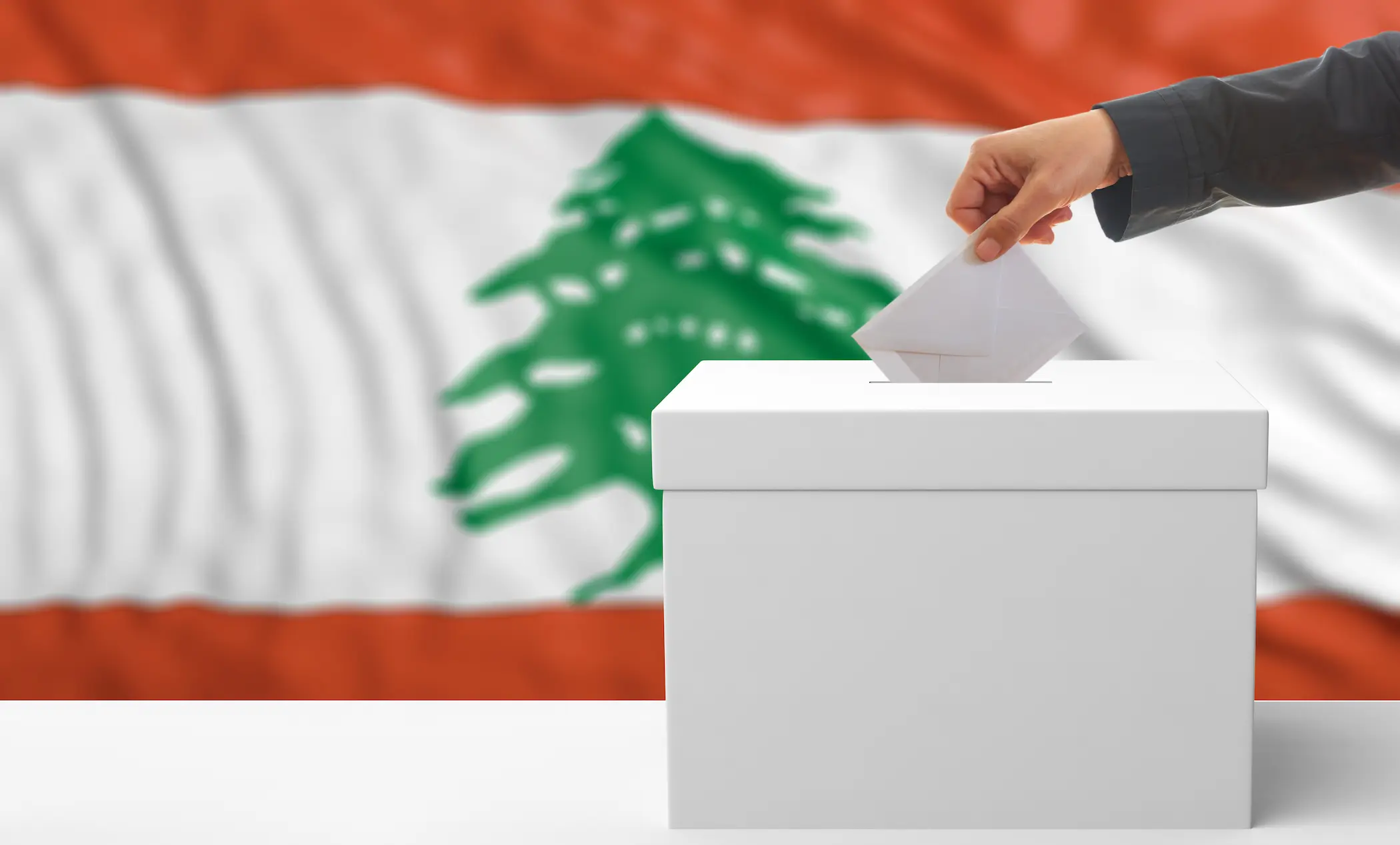


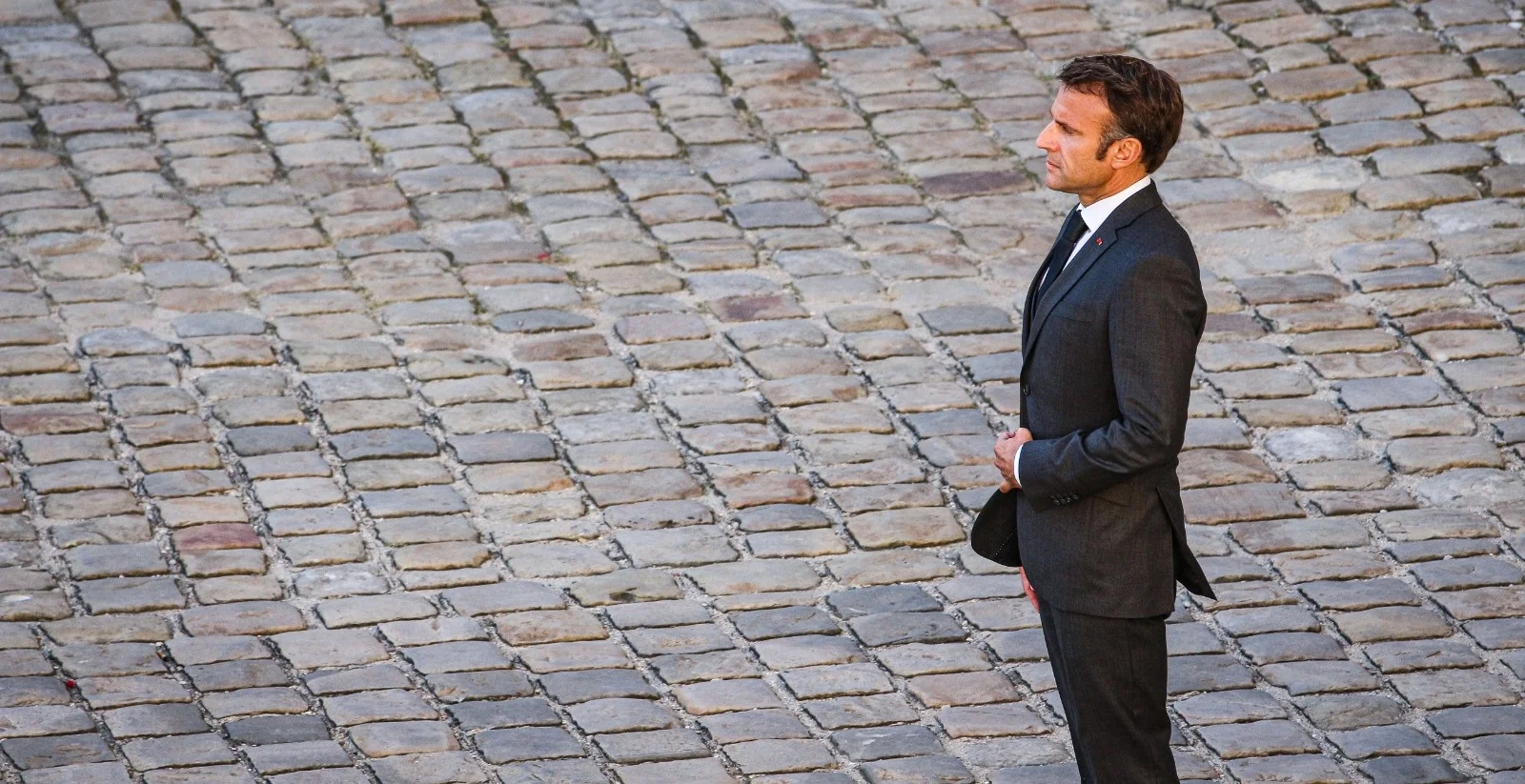
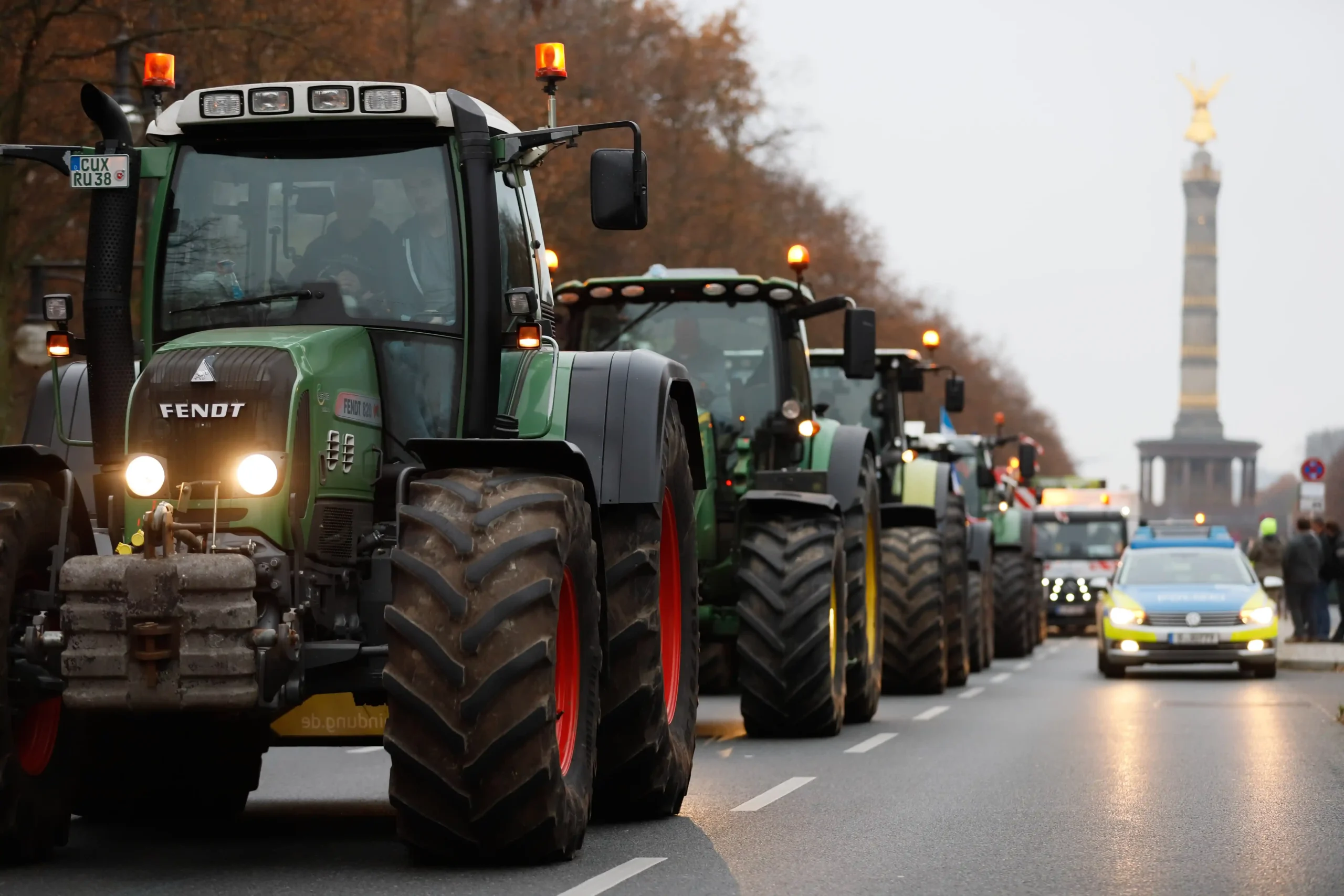
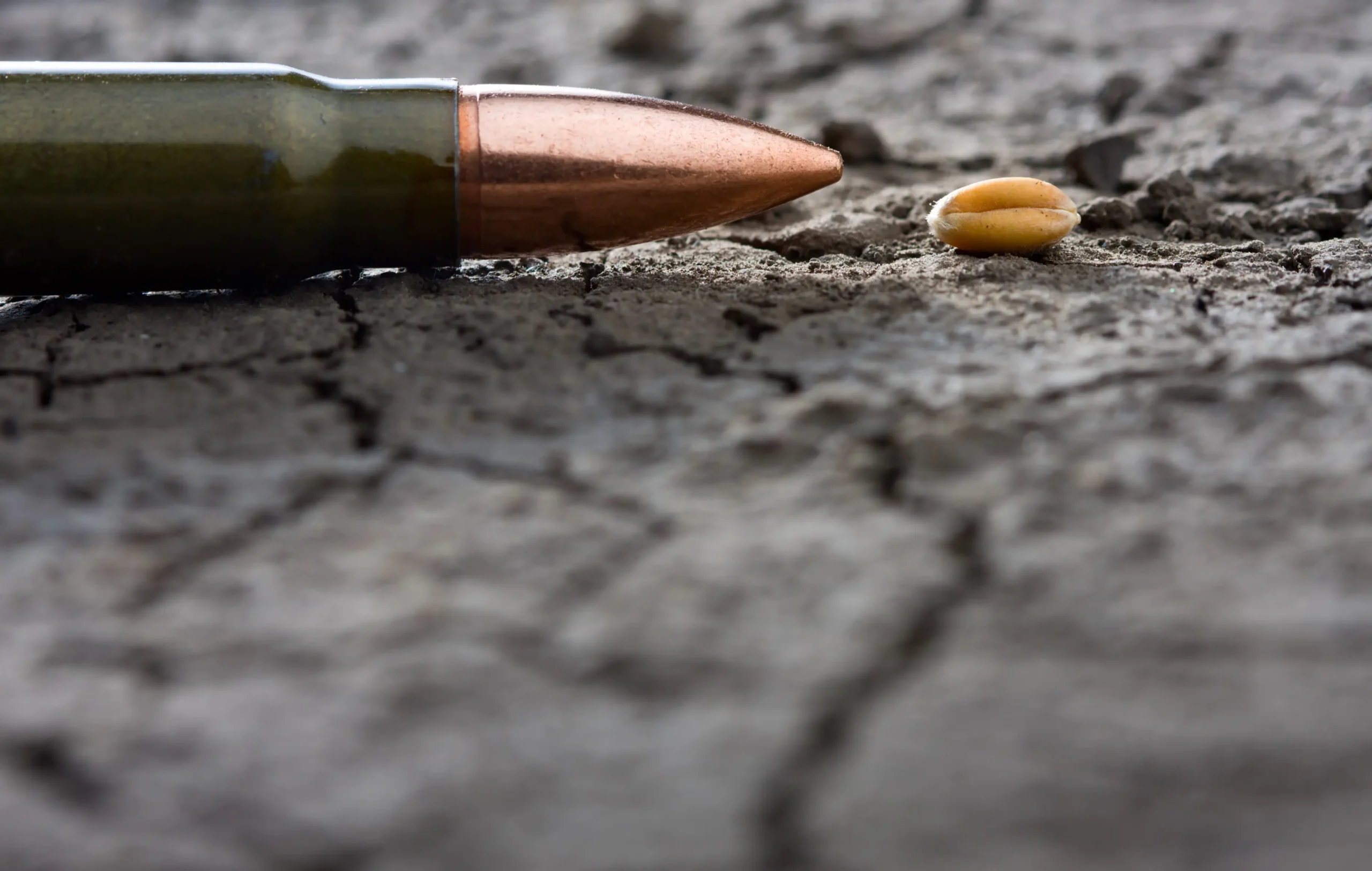

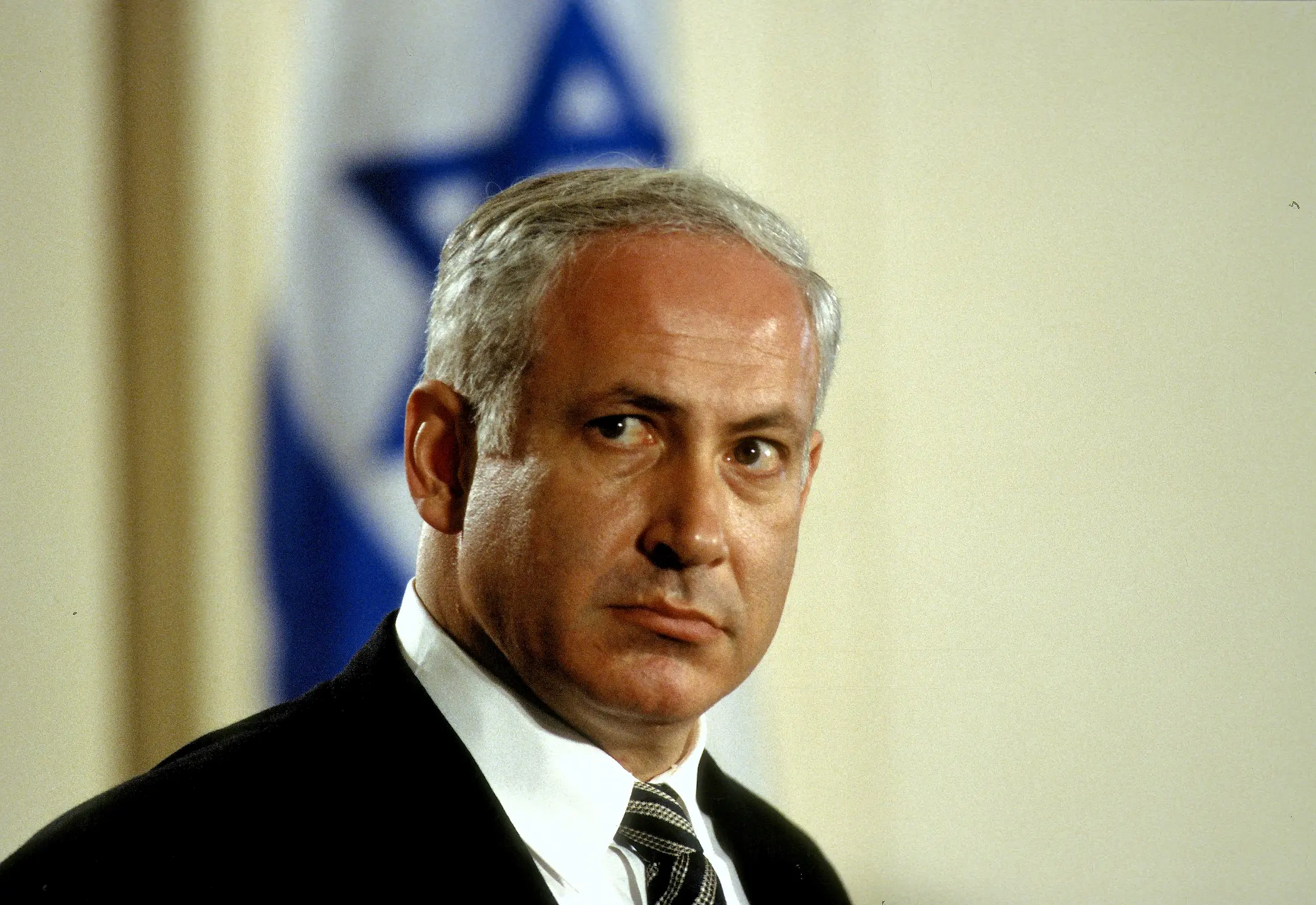

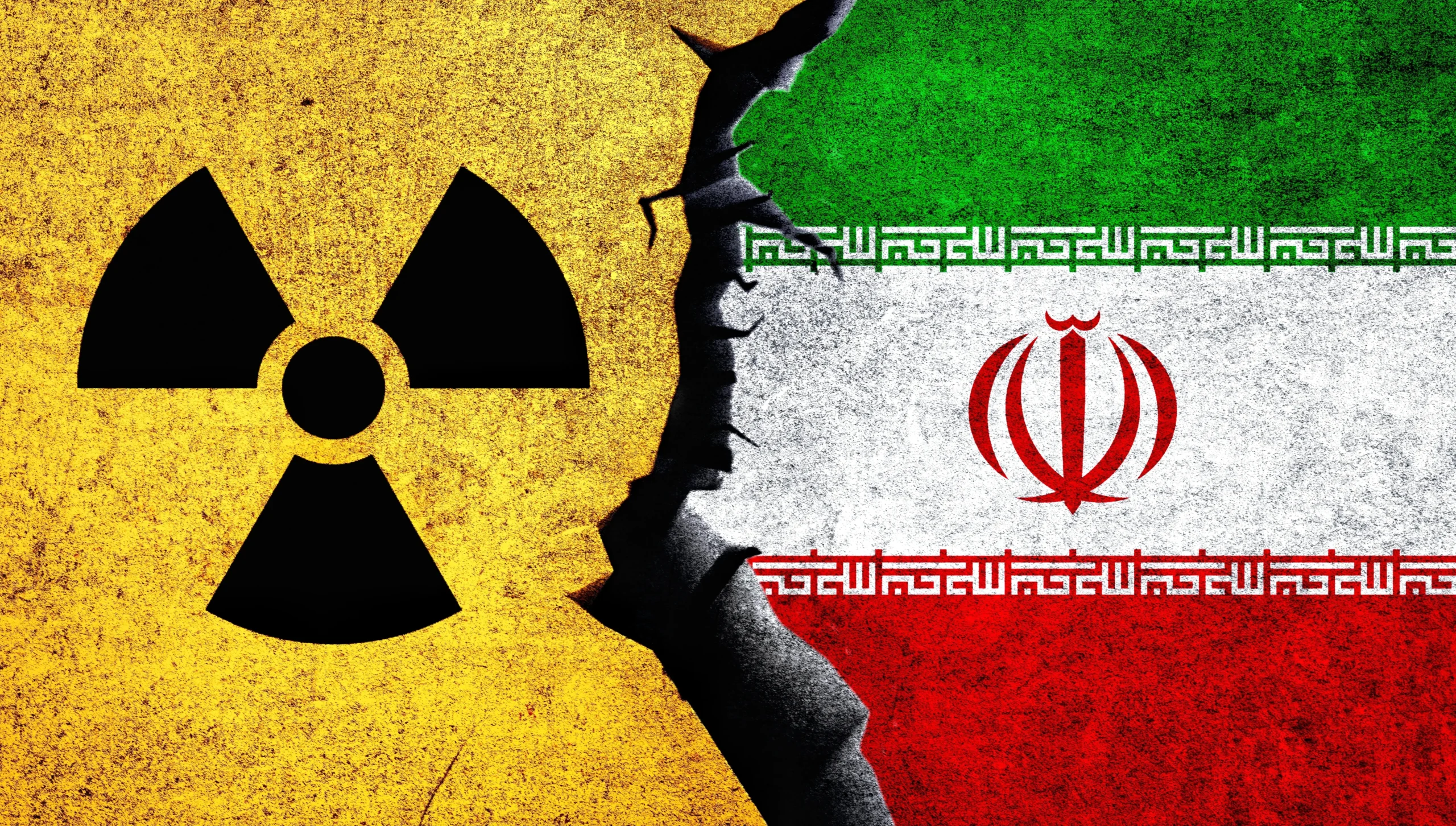
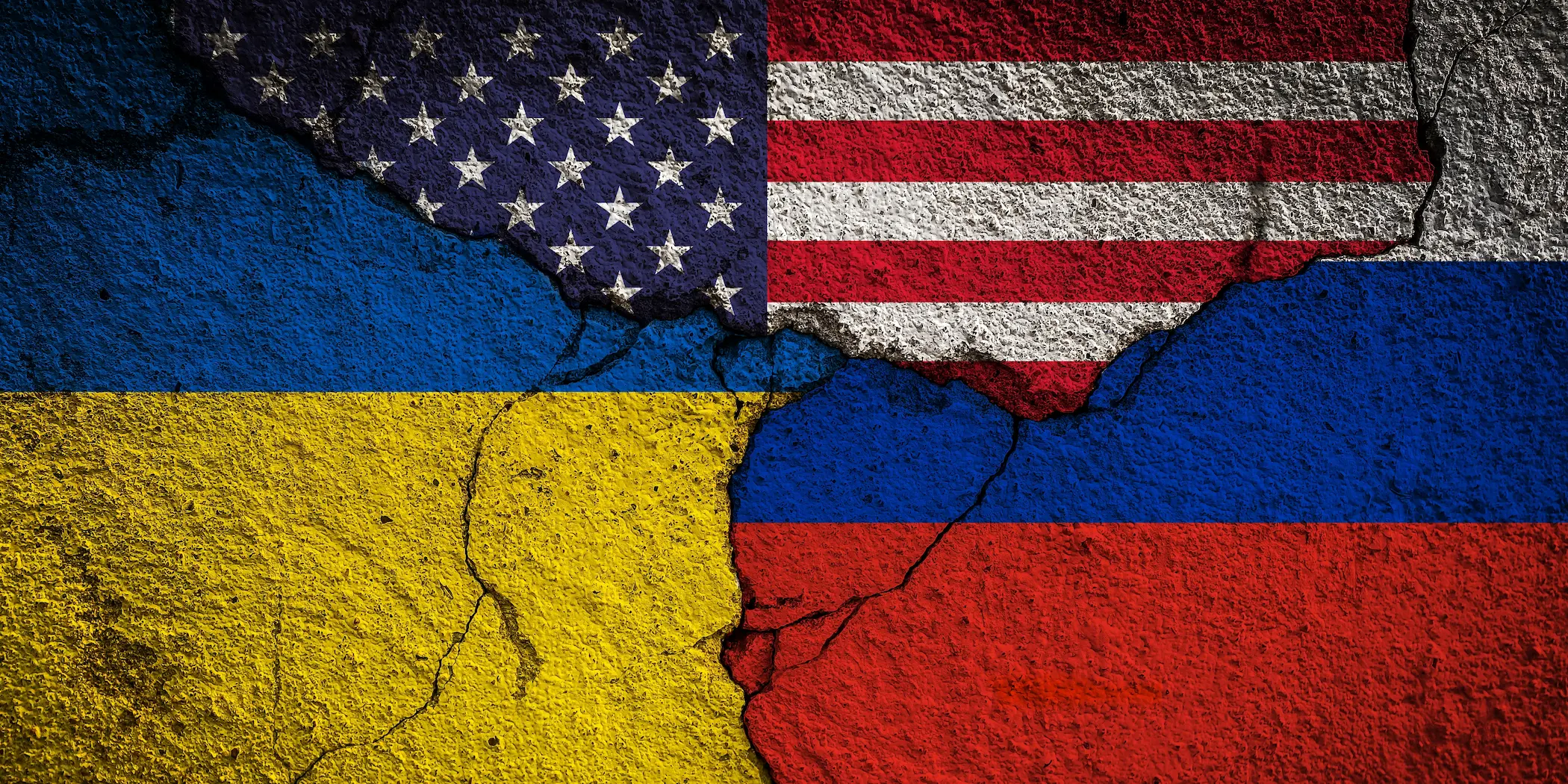
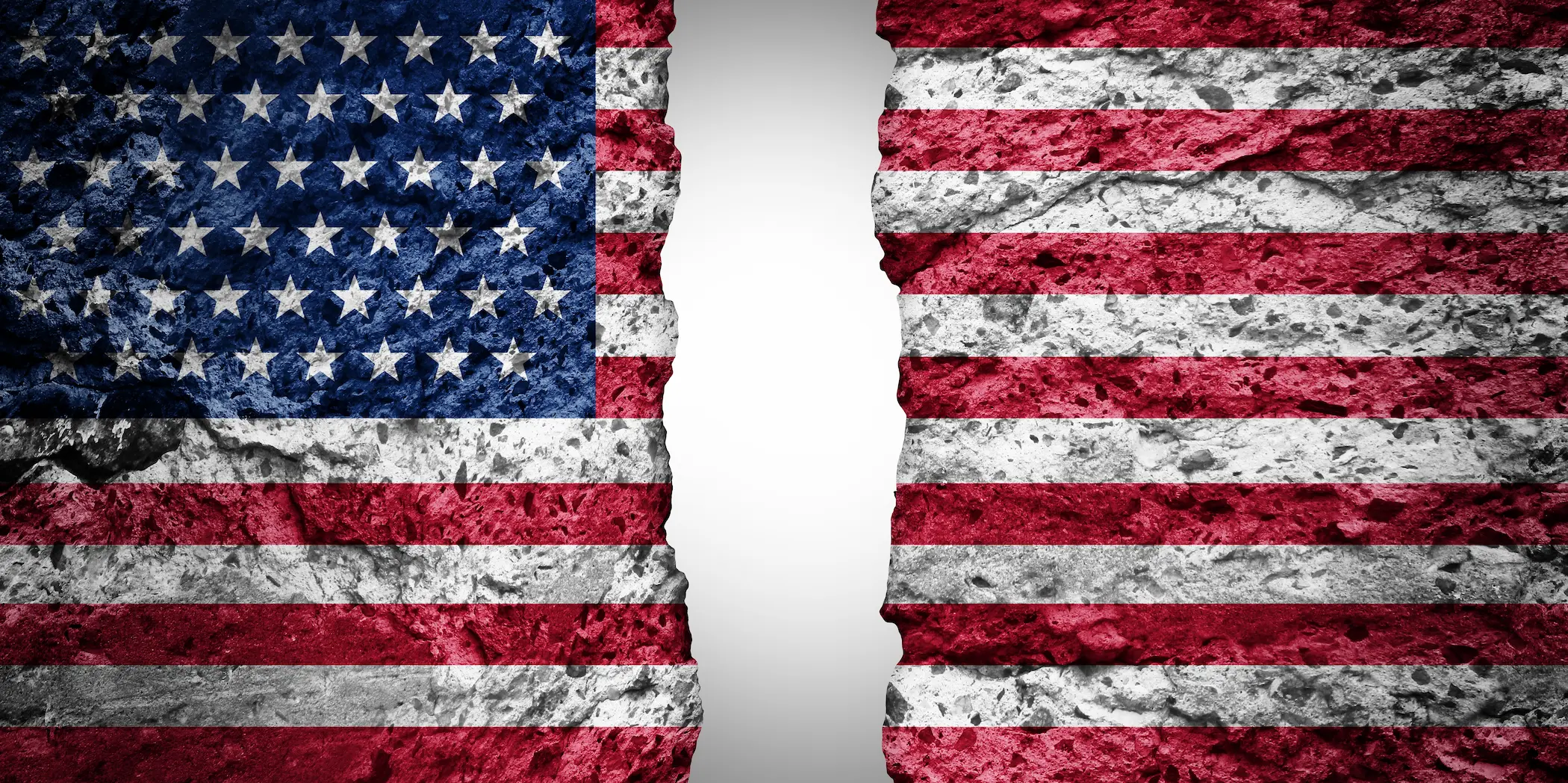

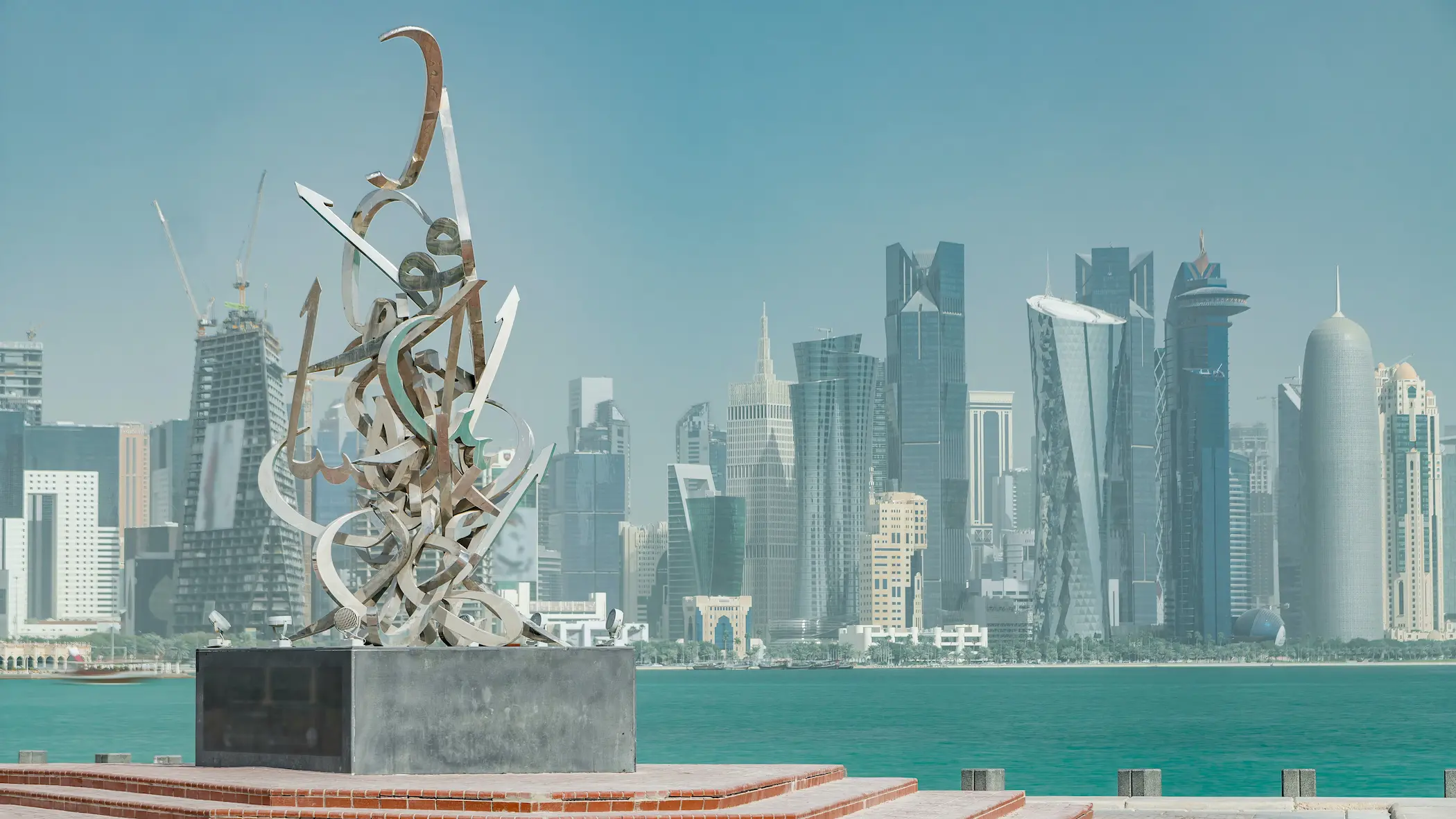
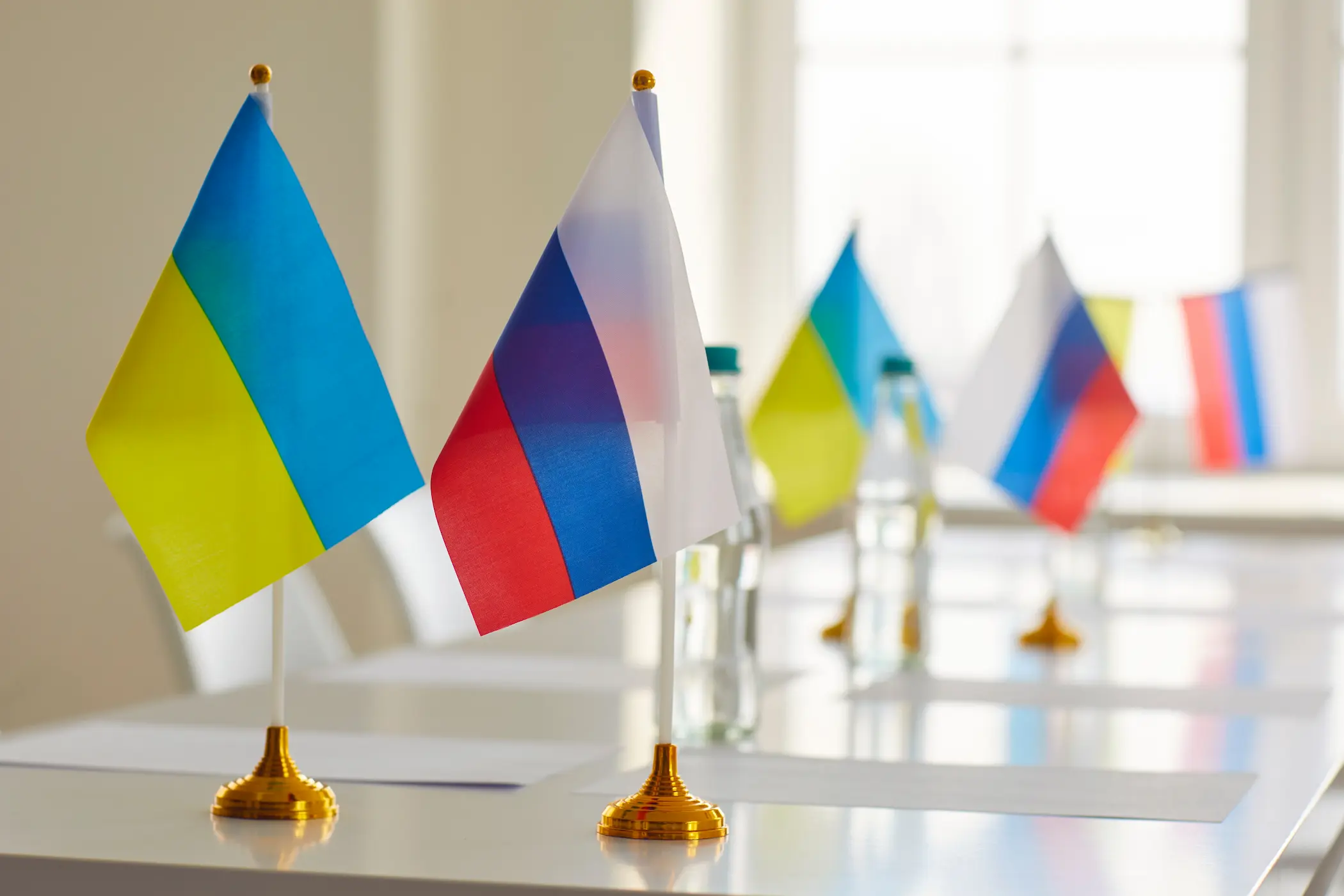
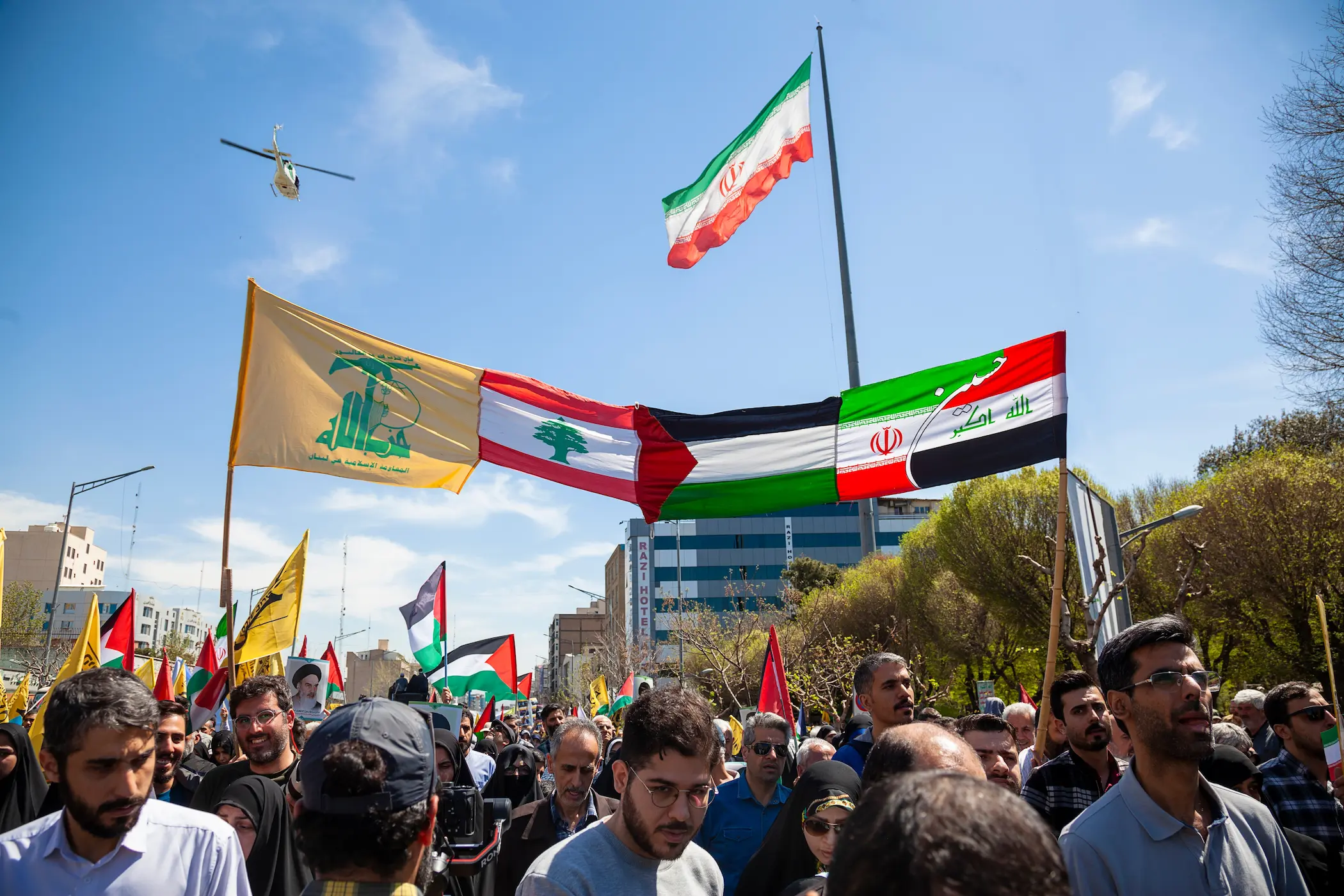
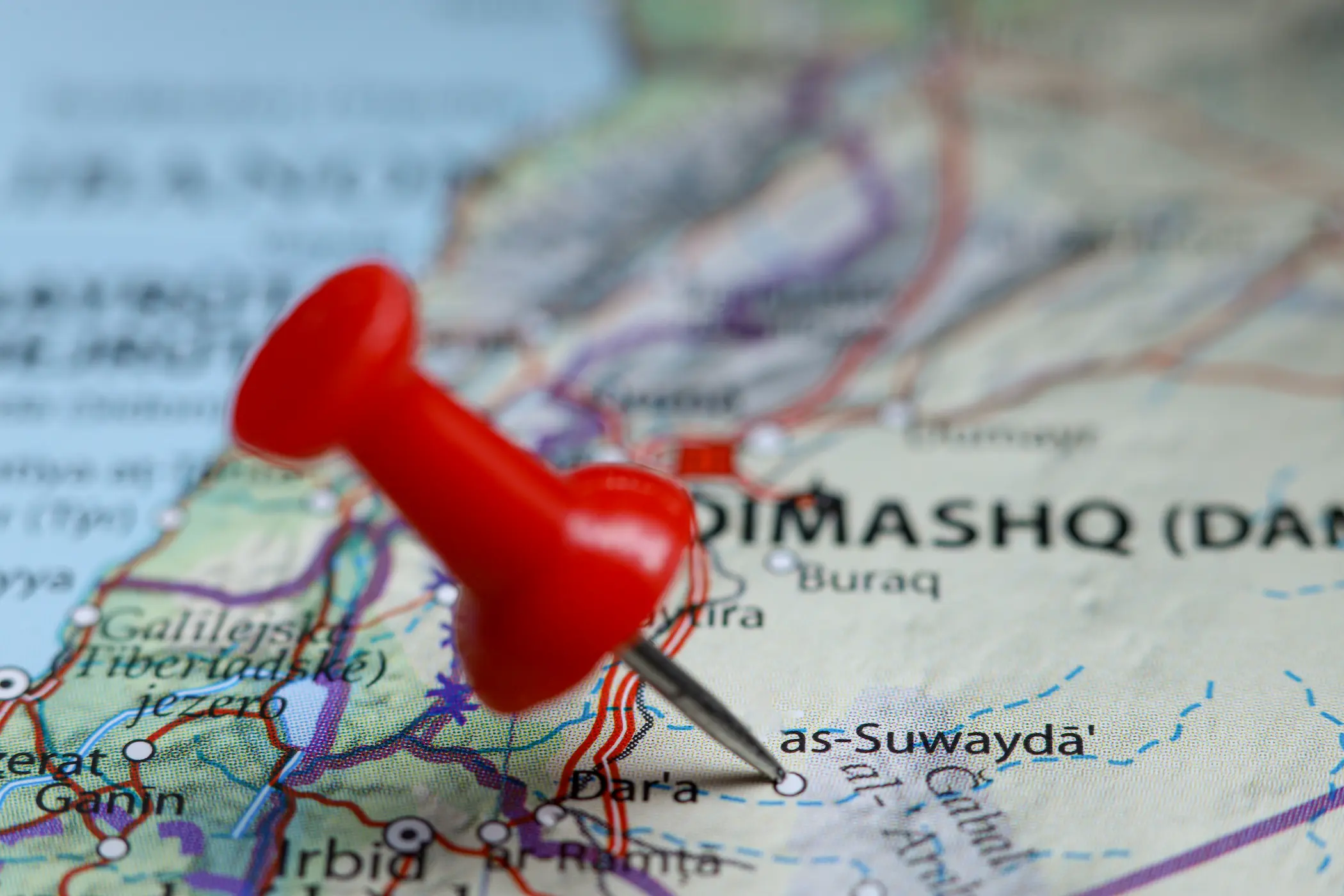
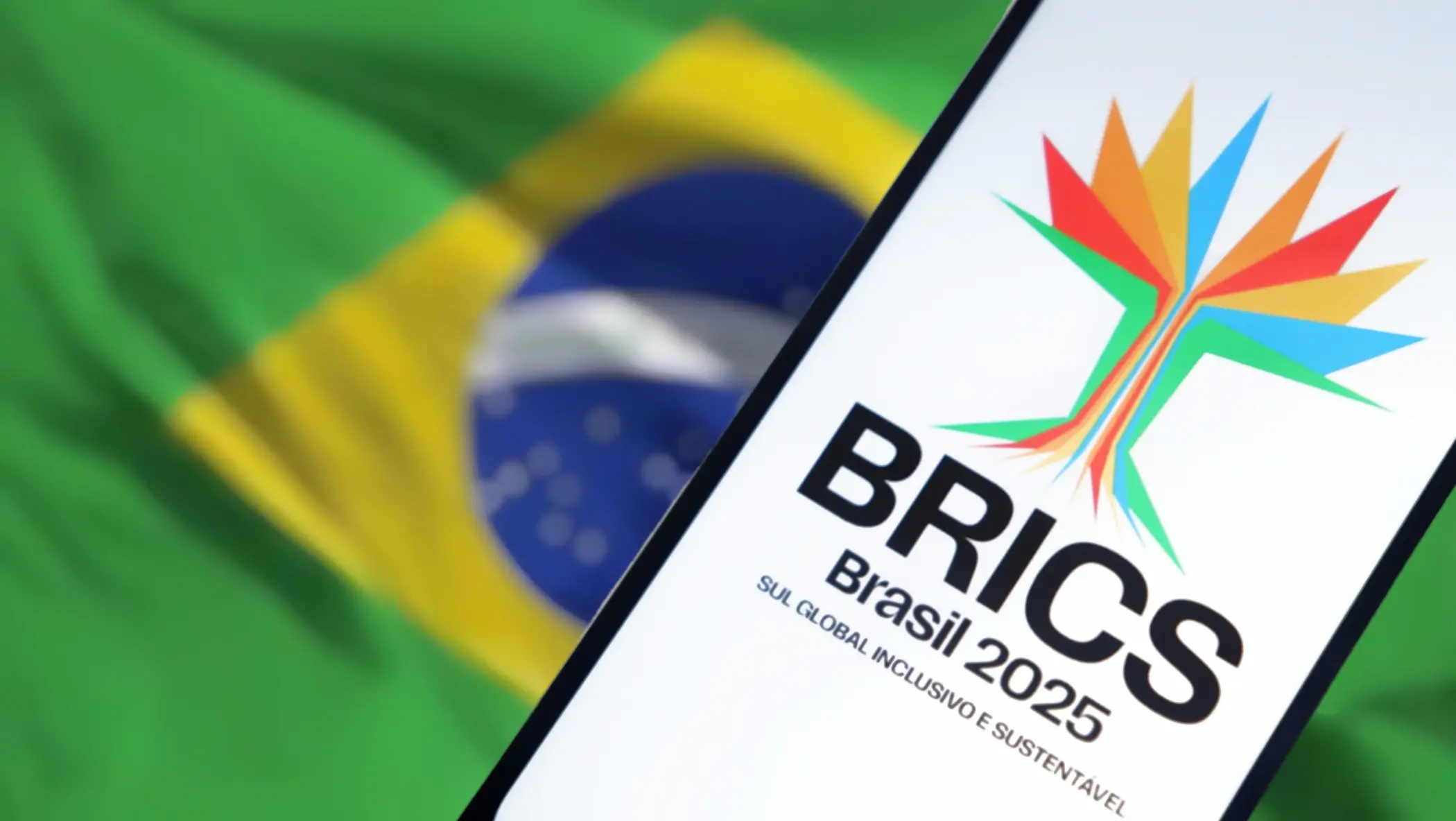
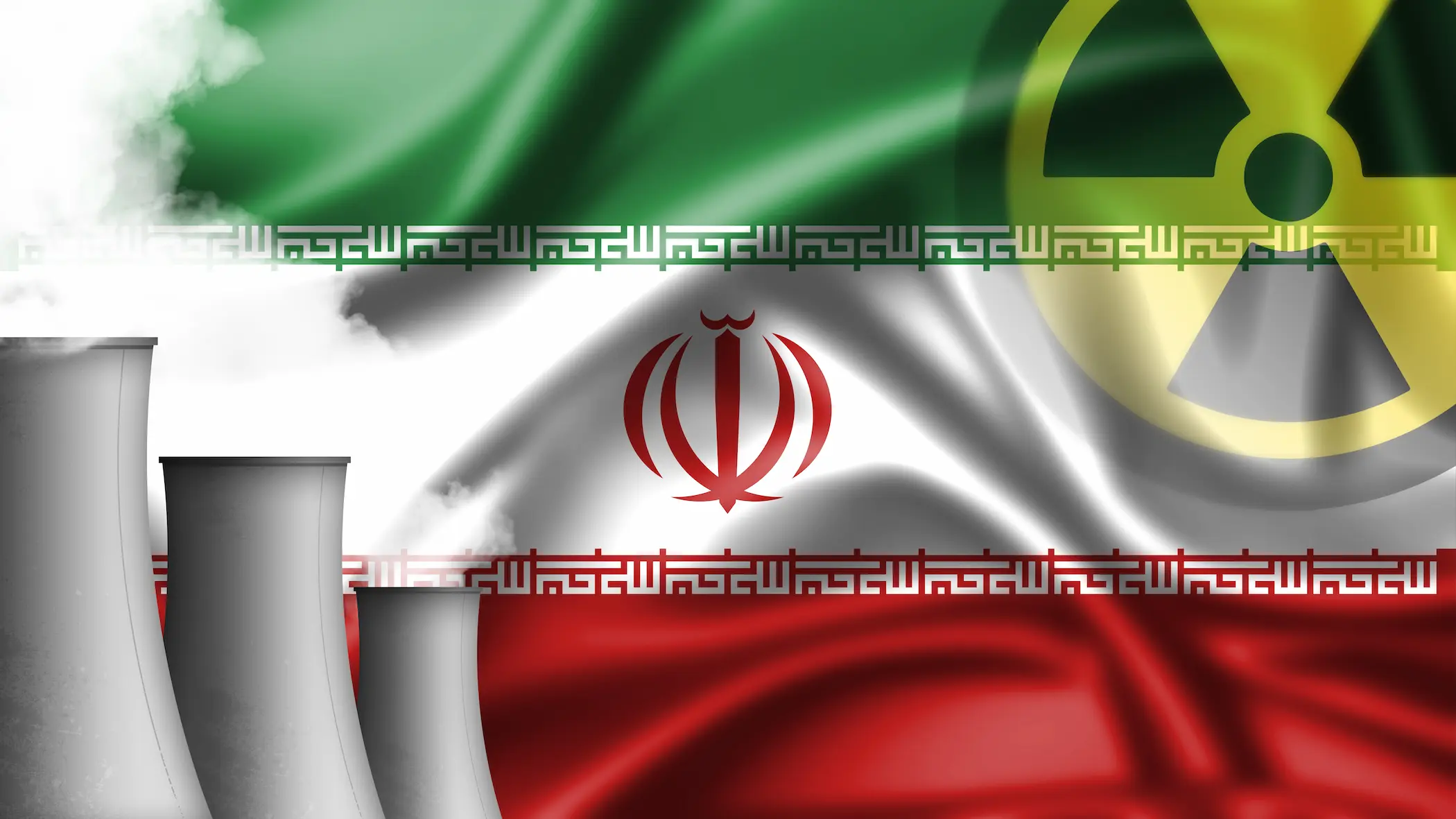

Comments